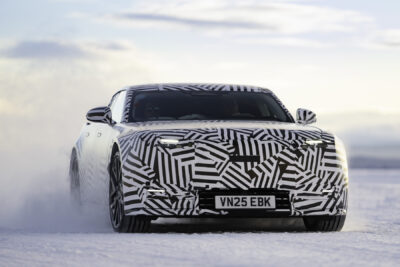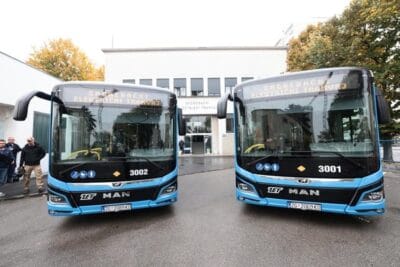Brazil accelerates tariff hike on disassembled EV imports
The Brazilian Executive Management Committee of the Foreign Trade Chamber (Gecex-Camex) has officially approved a new tariff timeline for disassembled electric and hybrid vehicles, marking a significant change in the import landscape for OEMs operating in Latin America’s largest market. Under the revised decision, completely knocked down (CKD) and semi-knocked down (SKD) electric and hybrid vehicles will now be subject to a 35% import duty starting January 2027. This moves the original implementation date forward from July 2028, as previously outlined in the government’s tariff roadmap.
“By bringing forward the schedule, Gecex seeks to adapt its tariff policy to the investments expected in the country’s automotive sector over the coming years, bringing new technologies to consumers and increasingly strengthening the national production chain,” it says in the official press release.
This decision follows extensive lobbying from national industry stakeholders represented by Anfavea, Brazil’s automotive manufacturers association. The adjustment reflects broader government intentions to accelerate localisation efforts in the country’s electrified vehicle supply chain and to align tariff policy with expected incoming investments in domestic production capacity.
Currently, CKD and SKD vehicles are taxed at a preferential rate of 14%, a measure originally intended to encourage industrial assembly operations within Brazil while allowing international manufacturers to supply components. With the higher tax now set to come into effect in early 2027, OEMs are expected to reconsider their local manufacturing strategies in light of shifting cost structures.
In parallel with the tariff increase, Gecex-Camex has introduced a temporary relief mechanism. An import quota valued at $463 million has been authorised for CKD and SKD electric and hybrid vehicle components, exempt from the import tax. This measure will remain in effect for six months, offering short-term flexibility for automakers navigating the transition.
The decision comes amid recent tensions within the automotive sector. Earlier this year, BYD submitted a request for a temporary reduction in CKD and SKD import tariffs—a move that faced public opposition from several established carmakers, including Toyota, Volkswagen, General Motors, and Stellantis. The four automakers jointly expressed concern that easing tariffs could jeopardise long-term investments in Brazil’s automotive sector.
That prompted BYD to issue a statement even before Gecex-Camex’s decision, describing the other car manufacturers as “dinosaurs” who “just saw a meteor in the sky” – a metaphor for the fact that they are on the verge of extinction.
The bone of contention, however, is that the established car manufacturers have complete vehicle plants in Brazil, including bodywork production. They have invested in these plants and employ many people there. BYD, on the other hand, only assembles vehicles. The individual parts are not manufactured in Brazil, but in Chinese BYD plants, and are only assembled in Brazil. Also, it is significantly cheaper to import automotive parts than entire vehicles.
BYD has been assembling vehicles in Brazil since the beginning of July at the former Ford industrial site in Camaçari. The complex will also include the production of chassis for buses and trucks, as well as lithium processing. It is the carmaker’s first plant outside Asia and has a yearly capacity of 150,000 vehicles. The first model to be produced at BYD’s new vehicle plant in Brazil is the all-electric Seagull, which is called Dolphin Mini locally, and is marketed in Europe as Dolphin Surf. Other models to be manufactured in Bahia include the two plug-in hybrids Song Pro and Chaser 05.
Brazil’s adjustment to its tariff strategy underscores the growing pressure on global OEMs to deepen their localisation efforts as electric mobility scales in the region. With the revised timeline now set, vehicle manufacturers such as BYD will need to accelerate plans for domestic assembly and local sourcing to maintain competitiveness in Brazil’s emerging EV market.





0 Comments